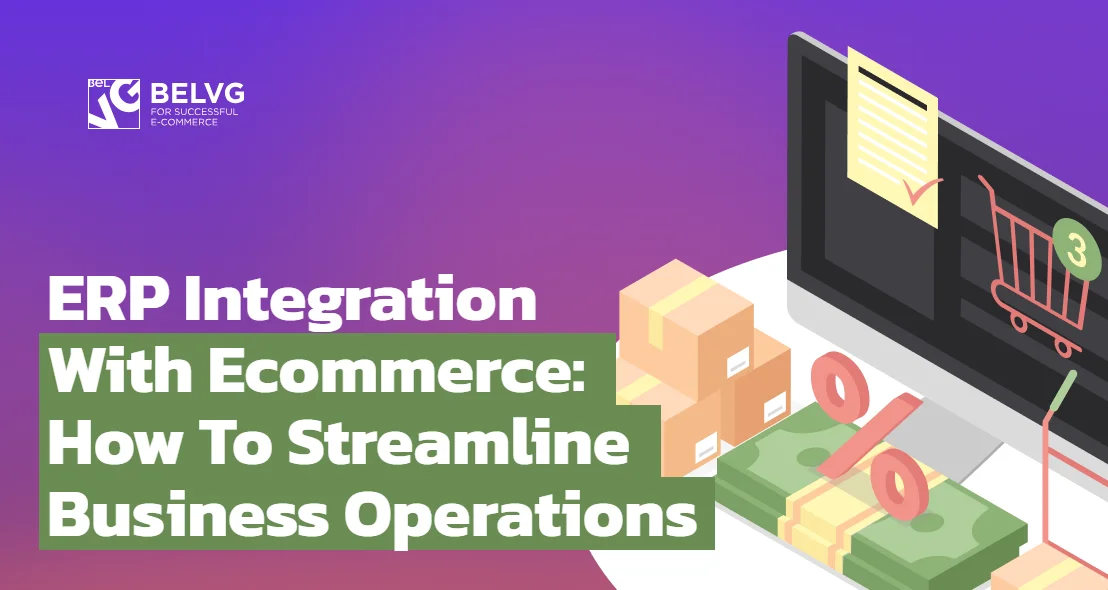
(based on David Deppner’s presentation on MagentoLive UK 2016)
Let’s speak about business prospectives of migrating from Magento 1 to Magento 2. There has been a lot of talk from developers about the technical issues involved in these migrations. There is been a lot of talk from the sales and marketing people about how great Magento 2 is. And I want to discuss this issue a little bit from the merchant and business prospectives, some things that you might be considering about win to upgrade, questions about what the risks are and the trade-off between risks and rewards.
When to upgrade?
So there some thoughts about when you should upgrade and start this process. The better decision is to start now. And I guess you are really interested why?
We’re looking at Magento1 end of life being the end of 2018 and now any upgrade projects is going to take you months to do. You don’t want to be running on a site that’s no longer being supported with bug fixes and security patches. You need to start project like this by the end of 2017 at the latest .

Another consideration is: “Are you actively developing on Magento 1?”. If you are actively developing on Magento 1, you are in situation where you have a short useful life, a short period, before you’re going to upgrade to Magento 2 presumably anyway . So if you can get to Magento 2 sooner, you are going to cut out a lot of duplicate development time, when that point comes.
A lot of key extensions haven’t yet been migrated to Magento 2, but a large number have. And if you don’t have all of the extensions that you use on your site, available to you right now, that might be something making you think that maybe you should wait. But what you need to think about is not whether they’re available right now, but whether they’re going to be available in a few months when you’re actually ready to deploy your Magento 2 to site. So you need to have a dialogue with any extensions vendor, and beware: Magento 2 extensions may not have all features you want yet. They can say : “Yes! We have all of this extensions for Magento2!” But you need to dig deeper, ask some questions about the key features that depends on from that extension and make sure they’re all there. Because many extensions don’t have features parity between the Magento 1 and Magento 2 extensions. (By the way all the BelVG Magento 2 extensions you can find on Magento Connect have passed the validation and been approved).

Couple of words about Magento 1 vs Magento 2 costs.
There has been a lot of talk from developers about Magento 1 harder to develop for or easier, take a little bit longer, a little bit less time. People are on both sides of that.
When we look at Magento 1 lifespan, how long we developed on this platform and how much useful life we got? That is 7 years of life on Magento 1, and we don’t know how long Magento 2 is going to be out there in the market. We don’t know how long that development that we do now is going to be used for, but we know it’s going be quite a few years, and the cost that we’ve incurred moving to Magento 2 are actually far less, than what we actually over the last seven years on all of the things we did on Magento1. If you migrate sooner you have longer useful lifespan.

Evaulating the risks
What if there’s an issue with Magento 2 a technical problem, what are the technical risks involved? So lets tackle it in head-on what’s the worst case that could happen. You get some catastrophic bug in Magento 2 and you go and launch the site, and there‘s something that makes it, so you can’t process orders, its down. Magento 2 is not in-place upgrade to Magento 1, you’re going to be deploying a whole new code base in a whole new database on a new server.

So just in case there is catastrophic bug happens on Magento 2, you can just return to M1. The technical risk is minimal. If you need to you can just sort of hit the pause button, solve whatever the problem was and then relaunch at a later day. So there is no technical risks, but there are huge financial risks to not moving forward. There’s probably going to be a stampede to upgrade in a year and a half. There is going to be a lot of people and probably going to drive up development costs or you’re not going to be able to get on the schedule to get your project completed.

You know what could be the most reason to migrate now? It’s the doubling of development cost. Because if now, you have actively developing on Magento 1, I don’t think you want to pay to redevelop that code again, so you need to just rip the band-aid off, move quickly, and do your development on Magento 2. Moving to Mageno 2 early, could be a better financial decision for you, and that’s might be the best case for a lot of merchants particularly, if they are actively developing on Magento1 right now.
Managing complexity
The reason why we’re talking about managing complexity is because the complexity in a project like this mean additional development work. And developers are expensive, this is what’s going to drive the cost of your migration. If you have a lot of features you need and its crazy complex-you are going to pay a lot more money. So if you can simplify, you can drop the cost significantly.

You just have to determine a minimum viable product, what is the minimum that you can launch with and have a working site. You should do a lot of work to decide what you could leave out. And key question is if it’s not already live on the site, you don’t need it to launch.
You better should start the process by doing a full site audit of the obvious things like the extensions, the modules, external integrations with other systems. So you should compare the Magento source code with the current release and make sure that the version you think you’re running actually is what you’re running with no modifications in the core code. You should run through all of this to identify all of the existing customizations. And the next step is basically try to sort out those customizations and determine what is really required for launch.
That’s the reasons and some recommendations how to start the migration. Magento 2 is already spreading it’s authority all around the world. And while Magent 1 merchants still think about migration and wait with making of that decision, development companies are creating a large number of new Magento 2 extensions. From my side I сan say that Magento 2 is a great step of improvement in the e-commerce world. Migration from Magento 1 to Magento 2 surely takes some time and if you’d like to follow the progress, it is the right time to at least start planning it.




